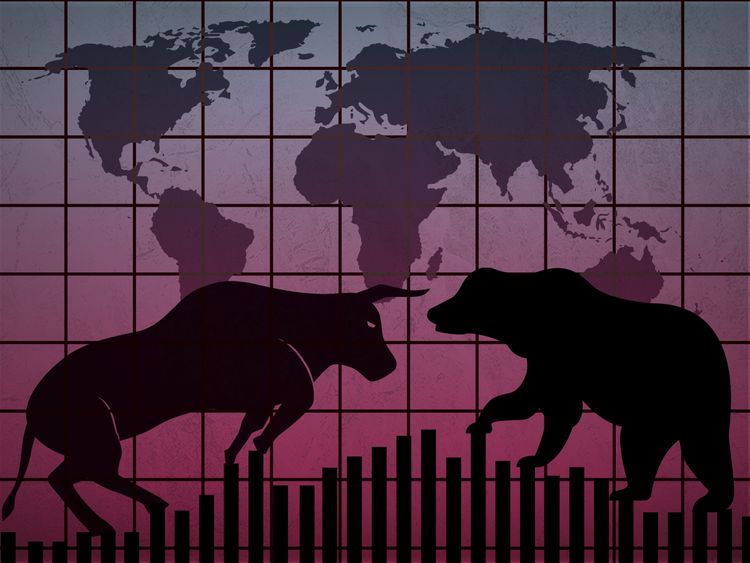by RAMZY BAROUD

Starting on May 31, Russian Foreign Minister Sergei Lavrov embarked on a tour to Gulf Cooperation Council countries, where he visited Bahrain, Saudi Arabia, United Arab Emirates, among others. Lavrov’s main objective of these visits is to strengthen ties between Russia and GCC nations amid a global race for geopolitical dominance.
The Middle East, especially the Gulf region, is vital for the current global economic order and is equally critical for any future reshaping of that order. If Moscow is to succeed in redefining the role of Arab economies vis-à-vis the global economy, it would most likely succeed in ensuring that a multipolar economic world takes form.
The geopolitical reordering of the world cannot simply be achieved through war or challenging the West’s political influence in its various global domains. The economic component is possibly the most significant of the ongoing tug of war between Russia and its western detractors.
Prior to the Russia-Ukraine war, any conversation on the need to challenge or redefine globalization was confined largely to academic circles. The war made that theoretical conversation a tangible, urgent one. The US, European, western support for Kyiv has little to do with Ukraine’s sovereignty and independence and everything to do with the real anxiety that a Russian success will demolish or, at least, seriously damage, the current version of economic globalization as envisaged by the US and its allies.
Following the collapse of the Soviet Union in the early 1990s, the world was no longer a contested space between two military superpowers – NATO vs Warsaw Pact – and two massive economic camps – US vs USSR. We often speak about the American invasion of Panama (1989) and war in Iraq (1990), to demarcate the uncontested American ascendency in global affairs. What we often omit is that the military and geopolitical component of this war was accompanied by an economic one.
As Panama and Iraq were meant to demonstrate US military dominance, the establishment of the World Trade Organization (WTO) in 1994-5, was meant to illustrate Washington’s economic outlook in this new world order.
Though unprecedented in their scale and ferocity, the anti-WTO protests in Seattle in 1999 seemed like a desperate attempt at reversing the alarming trend in the world’s economic affairs. Though successful in demonstrating the power of civil society at work, the protests have failed to produce any real, lasting outcomes. In the US/Western-centered definition of globalization, smaller countries had little bargaining power.
While rich countries successfully negotiated many privileges for their own industries, much of the Global South was left with no other option but to play by the West’s rules. The Americans spoke of free trade and open markets while maintaining a protectionist agenda over what they perceived to be key industries. Globalization was branded as a success story for freedom and democracy while, in essence, it was a cheap reproduction of the 18th-century ‘laissez-faire’ France’s economic doctrine.
Scoop for more